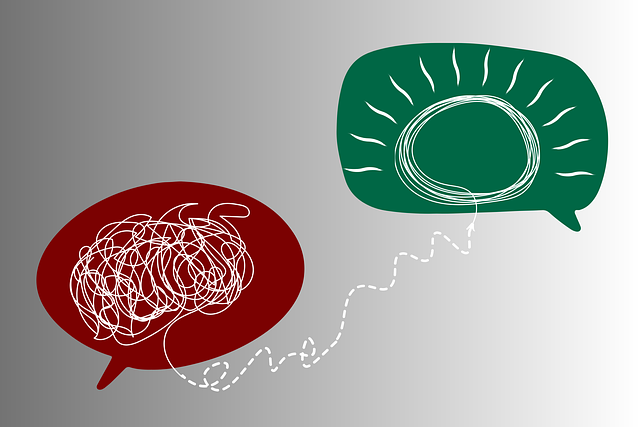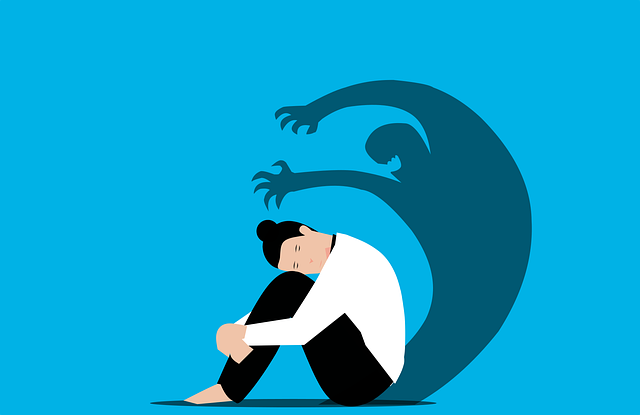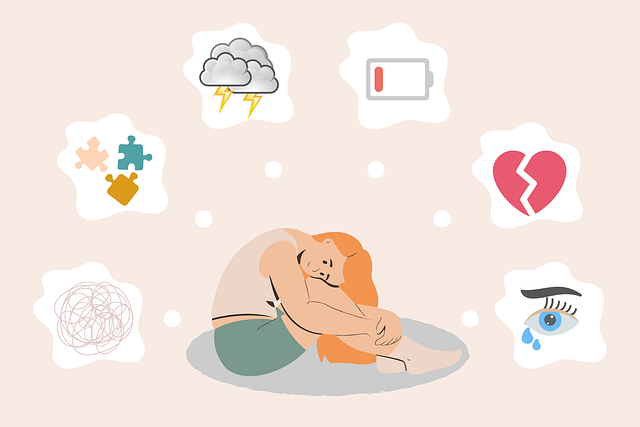For Aurora abuse survivors, prioritizing mental wellness is vital through tailored therapy, self-care practices, and supportive communities. Specialized therapeutic approaches, emphasizing cultural sensitivity and evidence-based practices, empower individuals to process trauma, build resilience, and manage emotions effectively. By combining therapy with proactive self-care routines and social connections, survivors can enhance their mental health, foster personal growth, and lead more fulfilling lives post-therapy.
Mental wellness promotion is vital for Aurora abuse survivors, whose healing and recovery often hinge on access to effective therapy. This comprehensive guide explores key aspects of supporting their emotional well-being. We delve into understanding mental wellness, the unique needs of Aurora abuse survivors, and practical strategies like creating supportive environments, self-care techniques, stress management, and building resilience through community fostering. By implementing these insights, we aim to empower individuals on their journey towards holistic healing.
- Understanding Mental Wellness and Its Significance for Survivors
- The Role of Therapy in Healing and Recovery for Aurora Abuse Survivors
- Creating a Supportive Environment for Emotional Well-being
- Strategies for Self-Care and Stress Management
- Building Resilience and Fostering Community among Survivors
Understanding Mental Wellness and Its Significance for Survivors

Understanding mental wellness is a pivotal step for Aurora abuse survivors embarking on their therapy journey. Mental wellness refers to an individual’s overall emotional, psychological, and social well-being—a state of balance that allows them to cope with life’s challenges, make meaningful contributions, and feel fulfilled. For survivors, addressing mental wellness is not just about healing from past traumas but also building resilience to navigate the present and secure a promising future.
Recognizing the significance of mental wellness empowers Aurora abuse survivors to take proactive steps towards self-care practices that include mood management techniques. These can range from engaging in regular physical activity for anxiety relief to adopting mindfulness practices and seeking professional support when needed. By prioritizing their mental health, survivors can break free from cycles of distress and cultivate a sense of empowerment, ultimately fostering a healthier and more fulfilling life.
The Role of Therapy in Healing and Recovery for Aurora Abuse Survivors

For Aurora abuse survivors, therapy plays a pivotal role in their journey towards healing and recovery. It provides a safe space to process traumatic experiences, fostering emotional healing processes that are essential for long-term well-being. Through specialized therapeutic approaches tailored to address the unique needs of these survivors, professionals can help them navigate the complexities of trauma support services. This meticulous process involves uncovering and processing repressed memories, emotions, and behaviors, allowing individuals to work through their past traumas and begin to rebuild their lives.
Effective therapy for Aurora abuse survivors goes beyond mere talking therapies; it incorporates various techniques designed to mitigate burnout prevention strategies for healthcare providers involved in their care. By employing evidence-based practices, therapists can guide clients towards developing coping mechanisms, building resilience, and cultivating a sense of safety and trust. This holistic approach ensures that survivors are equipped not only to process their past but also to thrive in the present and embrace a brighter future.
Creating a Supportive Environment for Emotional Well-being

Creating a supportive environment for emotional well-being is paramount in promoting mental wellness. This involves fostering spaces where individuals feel safe to express their feelings and concerns openly, free from judgment or fear of recrimination. For Aurora abuse survivors seeking therapy, this means cultivating an atmosphere of trust and understanding, particularly within healthcare settings that prioritize cultural sensitivity and competency training for providers. Such environments encourage emotional intelligence—the ability to recognize and manage one’s own emotions, as well as understand and empathize with others’ feelings—which is crucial for healing and personal growth.
By integrating Cultural Sensitivity in Mental Healthcare Practice, therapists and healthcare providers can better serve diverse populations, recognizing that cultural context significantly influences how individuals experience and express emotion. This tailored approach ensures that Aurora abuse survivors receive care that respects their unique backgrounds, values, and beliefs, fostering a deeper sense of belonging and empowerment as they navigate their healing journey.
Strategies for Self-Care and Stress Management

Promoting mental wellness involves implementing effective self-care strategies and stress management techniques. For Aurora abuse survivors, therapy plays a pivotal role in their journey towards healing. Seeking professional help through compassionate cultivation practices can provide much-needed support and guidance. Therapists equipped with Mind Over Matter principles offer safe spaces for individuals to process trauma, cultivate resilience, and develop healthy coping mechanisms.
Incorporating regular self-care routines is essential for maintaining mental wellness. This includes activities like meditation, exercise, adequate sleep, and engaging in hobbies that bring joy. By prioritizing these practices, survivors can enhance their ability to manage stress, improve emotional regulation, and foster a sense of inner peace. Additionally, building a strong support system through social connections and joining relevant communities can significantly contribute to one’s overall mental wellness.
Building Resilience and Fostering Community among Survivors

Building resilience among Aurora abuse survivors is a vital step towards fostering a supportive community. Through therapy and specialized support programs, individuals can heal and develop coping mechanisms to navigate life’s challenges. The process involves addressing trauma, processing emotions, and learning healthy ways to manage stress and anxiety, all of which contribute to long-term mental wellness.
In this journey towards recovery, survivors can benefit from mentorship, peer support groups, and the development of Mental Wellness Coaching Programs. These initiatives aim to reduce the stigma surrounding mental illness, promote understanding, and encourage open conversations. With adequate training, healthcare providers can also enhance their cultural competency to better serve diverse communities, ensuring every survivor receives culturally sensitive care.
Promoting mental wellness is an essential aspect of healing for Aurora abuse survivors. By understanding the significance of emotional well-being, utilizing therapy as a powerful tool, and adopting strategies that foster resilience and community support, survivors can navigate their journey towards recovery. Creating a supportive environment and prioritizing self-care are game-changers in empowering individuals to build strength and thrive. This holistic approach, focusing on both personal growth and collective support, is crucial in helping Aurora abuse survivors heal and reclaim their lives.














